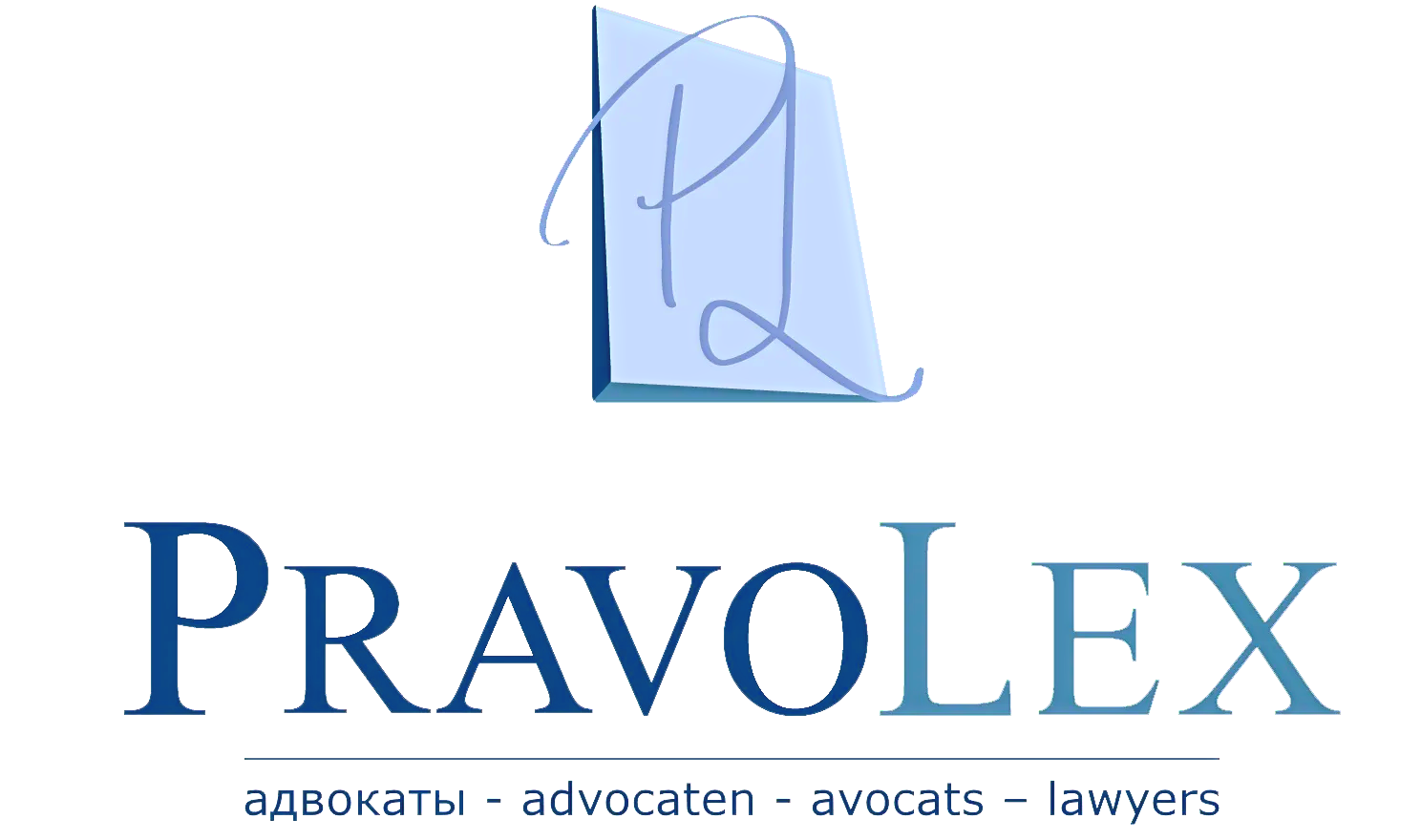APPLICATION OF ARTICLE 29ter
A young German man was recently confronted with this situation. He asked us to help him solve the problem.
December 2023, our German customer had a traffic accident while driving on a Belgian freeway.
The versions of the facts were opposite: our client said white. Our opponent said black.
According to our customer, the facts were as follows: while driving leisurely in his right-hand lane, he was hit by a vehicle.
The driver of the other vehicle involved, on the other hand, told the opposite story: while driving in the second lane, the German vehicle suddenly changed lanes in front of him.
Faced with this contradictory version, how was the opposing liability insurer supposed to compensate our client?
Compensation from the other party's insurer is due to an innocent 100% victim. If there is any doubt about innocence, no compensation is due.
In other words, as long as the victim bears some responsibility for the accident, or even a mere doubt, compensation is not payable by the other party's insurer.
In such cases, the victim must seek compensation from his or her own insurer, insofar as coverage permits.
Below, we explain these regulations in a little more detail.
International regulations have been harmonized in this area, and the criterion used is the place where the accident occurred. The opposing insurer was therefore obliged to apply Belgian law.
Belgian law is unique in that it provides a solution to the problem of conflicting versions of the facts of a traffic accident.
Indeed, the law of May 31, 2017 introduced a new article 29 ter into the law of November 21, 1989. This article reads as follows:
" Art. 29ter.§ 1. When two or more vehicles are involved in a traffic accident in Belgium, and if it is not possible to determine which vehicle caused the accident, all the damage suffered by the two or more vehicles must be compensated. by innocent victims and their beneficiaries, i.e. people who are clearly not liable, are covered in accordance with the provisions of this article.. "
In other words, the following are excluded from compensation:
- Damage suffered by users for whom liability is doubtful/impossible
- Damage to vehicles in which the driver's liability is doubtful/impossible, even if the owner is a third party.
Consequently, only innocent victims are entitled to compensation, i.e. those who are clearly not at fault. The other drivers or users involved can no longer obtain compensation from the other party's liability insurer. Their only option is to turn to their own insurer.
It should be pointed out that only accidents occurring after the 2017 law came into force, i.e. June 22, 2017, are affected by Article 29 ter.
In our customer's case, the opposing insurance company is opposed to compensation. They consider our customer to be potentially responsible for the accident, rather than an innocent 100 % victim.
When this is refused, legal action is considered. The chances of success are assessed on the basis of the available evidence (police files, location of impacts, post-impact vehicles, photos, police reports, statements, etc.). In some cases, a vehicle survey can also help.
Do not hesitate to contact our firm if you have been involved in a road accident.
Need help with your application? Contact us for professional assistance!

